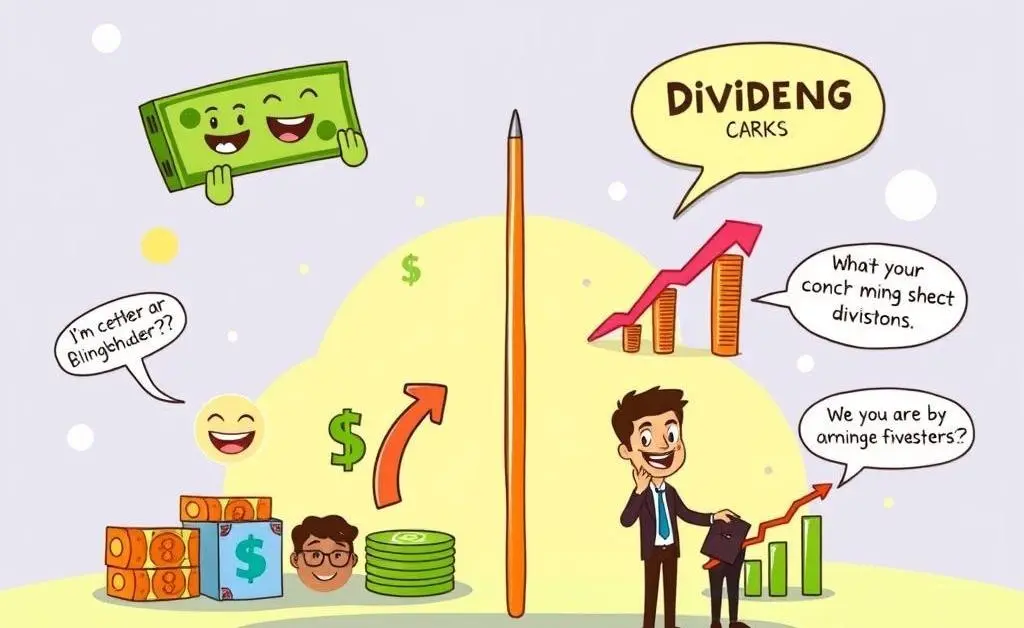Why Dividends Aren't the Golden Ticket You Might Think
Discover why dividends may not be the best choice for a portfolio.

Have you ever found yourself glued to the financial news, dreaming about dividends as the golden ticket to wealth? It’s a common belief that dividends can be a reliable source of income, but the truth might surprise you. Dividends, while attractive on the surface, often come with hidden complexities that aren't immediately obvious to the casual investor.
What Exactly Are Dividends?
Let’s start at the beginning. Dividends are payments made by a company to its shareholders, usually from profits. They might seem like free money from the stocks you own, but there’s more to the story.

When you receive a dividend, part of your investment is essentially being returned to you. This means the value of the company—and by extension, its stock price—tends to decrease by the amount paid. It’s like cutting a slice out of a cake: delicious, sure, but there’s now less cake.
The Tax Man Cometh
A critical downside to dividends is the impact of taxes. Unlike capital gains that you control when to realize, dividends are taxed in the year they’re received, potentially adding a significant tax burden.
Consider this anecdote: a friend of mine was thrilled about her dividend checks until tax season rolled around. She admitted over coffee, "I didn’t realize how much I’d owe. It was like being handed a gift with a sneaky price tag!"

That’s something to chew on during those coffee breaks.
Why Not Focus on Growth Instead?
Some investors prefer growth stocks, reinvesting any returns directly into the business to compound over time. This means potentially greater profits down the line without the pesky immediate tax implications.
- Potentially higher returns: Growth stocks typically don’t pay dividends, which can lead to higher appreciation.
- Tax flexibility: Taxes are deferred until shares are sold, allowing for strategic selling and tax planning.
- Reinvestment: More of the company’s earnings are reinvested into its expansion.
The Balanced Approach
Of course, all this isn't to say you should avoid dividends entirely. A balanced portfolio, encompassing both dividend and non-dividend stocks, might be the best approach. This strategy offers a combination of potential growth and cash flow. Diversification is key, as an image of a well-rounded portfolio illustrates:

What’s Right for You?
Before diving into dividend stocks—or any investment—consider your personal financial goals and consult with a financial advisor. Ask yourself this: Do dividends align with your long-term growth or income objectives?
So, what do you think—is the allure of dividends worth the buzz, or does a more growth-oriented strategy appeal to you?




